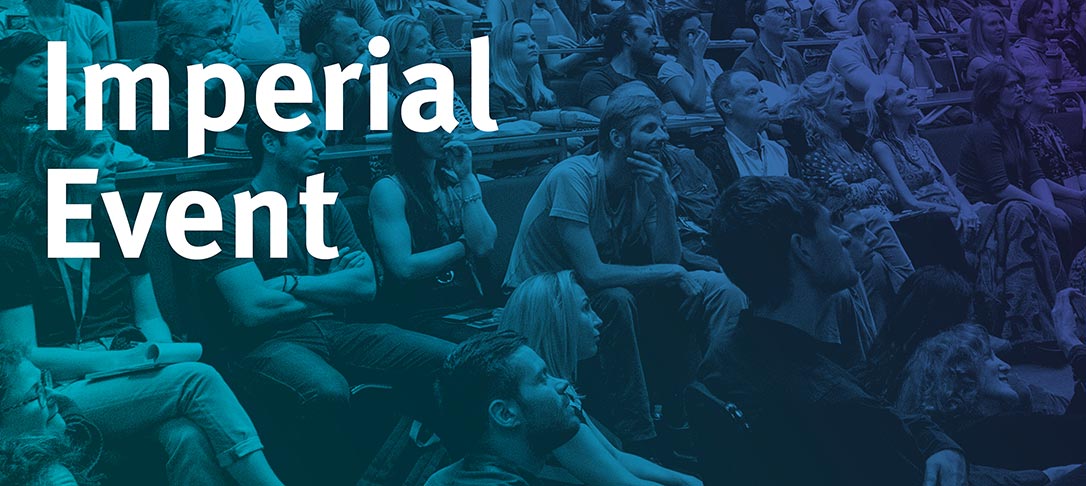
Abstract. Environmental and safety policies press for a reduction in emissions, an improvement of renewable-energy technologies, and a greater understanding of extreme weather phenomena, whose disastrous effects are constantly accentuated. To do so, we must first understand the physical properties of the flows that underpin and regulate such technologies and phenomena. This naturally leads us to a major challenge in modern fluid dynamics research. The flows of interest are extremely complex, coupling turbulent dynamics with rotation and unsteadiness. At the same time, current theoretical and numerical tools are far from offering a universal solution to the problem. The alternative is a phenomenological approach, based on a careful experimental characterization of the flow physics. In this presentation, I will introduce two phenomenological models for rotating machinery (dynamic mixers, vertical axis wind turbines). In both cases the analysis starts with the observation that an emerging feedback mechanism regulates the evolution of the flow. The possibility that similar feedback mechanisms regulate other turbulent systems will also be discussed.
About the speaker. Dr. Steiros received a Diploma degree in Mechanical Engineering, from the National Technical University of Athens, Greece. He holds a PhD in Aeronautical Engineering from Imperial College London. He subsequently was a postdoctoral researcher in the Mechanical & Aerospace Engineering Department of Princeton University. He is currently an Imperial College London Research Fellow.